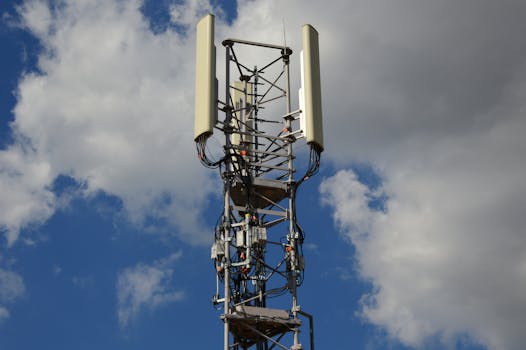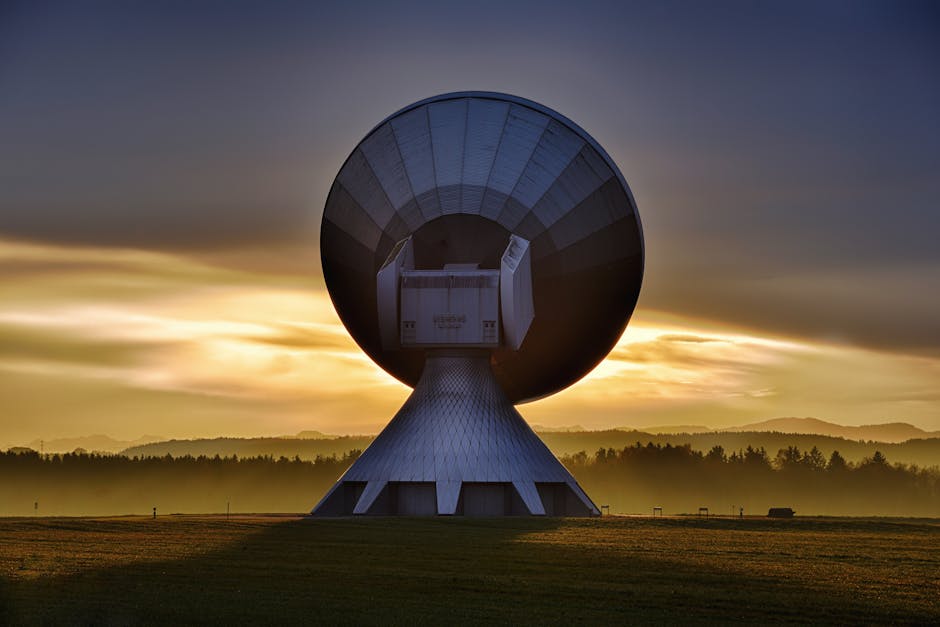
5G Technology Advancements and Impact on Mobile Networks
The advent of 5G technology has revolutionized the mobile network landscape, offering unprecedented speeds, low latency, and greater connectivity. 5G technology advancements have been at the forefront of wireless communication, transforming the way we interact, work, and live. In this article, we will explore the recent developments in 5G technology and their impact on mobile networks.
5G technology is the fifth generation of wireless network technology, designed to provide faster data rates, lower latency, and greater connectivity than its predecessors. The key features of 5G technology include enhanced mobile broadband, ultra-reliable low-latency communications, and massive machine-type communications. These features enable a wide range of applications, from enhanced mobile broadband and mission-critical communications to massive IoT deployments.
Advancements in 5G Technology
Recent advancements in 5G technology have focused on improving network infrastructure, spectrum allocation, and device capabilities. One of the significant developments is the deployment of millimeter wave (mmWave) spectrum, which offers faster data rates and lower latency. Additionally, the use of edge computing and network slicing has enabled more efficient and flexible network management. Network slicing allows multiple independent networks to run on top of a shared physical infrastructure, providing greater flexibility and customization.
Another significant advancement is the development of 5G devices, including smartphones, laptops, and IoT devices. These devices are designed to take advantage of the faster speeds and lower latency offered by 5G networks, enabling new use cases such as enhanced mobile gaming, virtual and augmented reality, and mission-critical communications.
Impact on Mobile Networks
The impact of 5G technology on mobile networks has been significant, transforming the way mobile operators design, deploy, and manage their networks. 5G networks require a more dense and complex infrastructure, including small cells, macro cells, and edge computing nodes. This has led to increased investment in network infrastructure, as well as the development of new business models and revenue streams.
5G technology has also enabled new use cases and applications, such as smart cities, smart homes, and industrial automation. These applications require low-latency, high-bandwidth, and ultra-reliable connectivity, which 5G networks can provide. Additionally, 5G has enabled the widespread adoption of IoT devices, which are expected to reach 50 billion by 2025.
Challenges and Future Directions
Despite the significant advancements and impact of 5G technology, there are still several challenges that need to be addressed. One of the major challenges is the deployment of 5G infrastructure, which requires significant investment and planning. Additionally, the development of 5G devices and applications is still in its early stages, and more work is needed to realize the full potential of 5G technology.
Looking ahead, the future of 5G technology is exciting and promising. The development of 5G-Advanced and 6G technology is already underway, which is expected to provide even faster speeds, lower latency, and greater connectivity. Additionally, the integration of 5G with other technologies, such as AI, blockchain, and quantum computing, is expected to enable new use cases and applications that we cannot yet imagine.
Conclusion
In conclusion, 5G technology advancements have revolutionized the mobile network landscape, offering unprecedented speeds, low latency, and greater connectivity. The impact of 5G on mobile networks has been significant, transforming the way mobile operators design, deploy, and manage their networks. While there are still challenges that need to be addressed, the future of 5G technology is exciting and promising, with significant potential for growth, innovation, and transformation.




